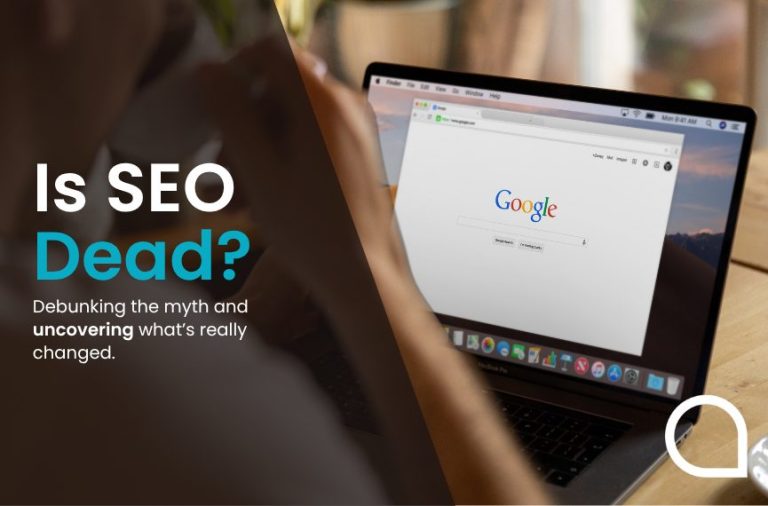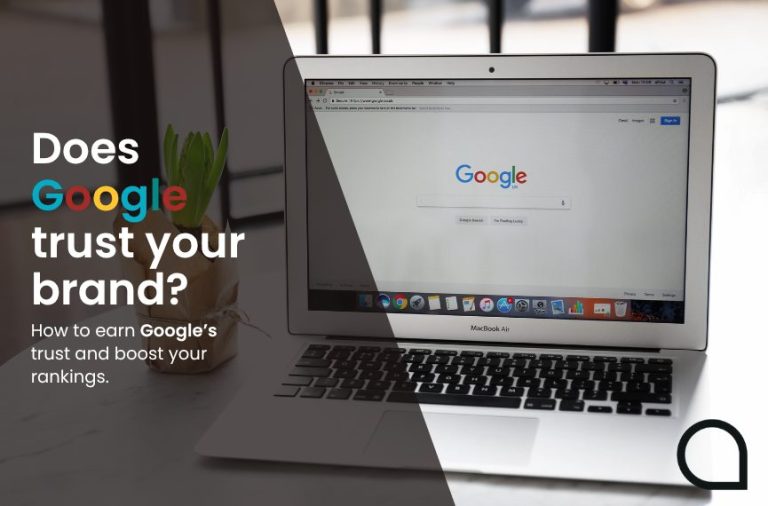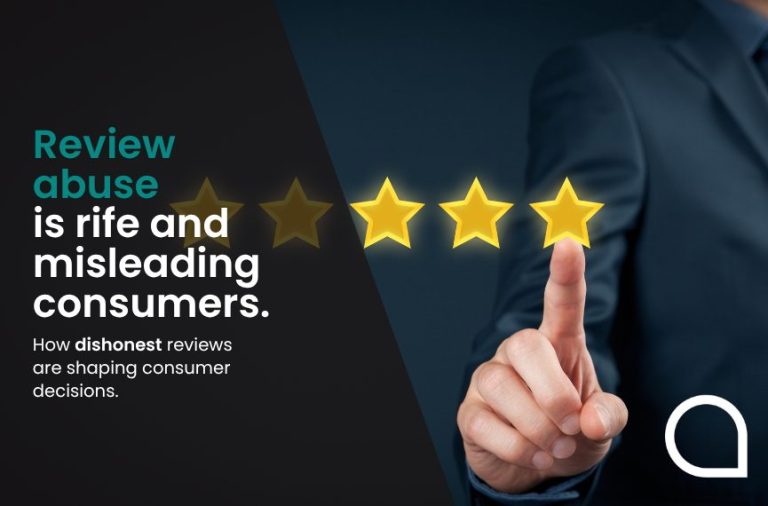As long as we can remember, Google has been the top dog for search in the UK. Do you remember what it was like before Google? Not so many people do but to find anything you had to go to a portal first like Yahoo and search from there. Google was a breath of fresh air as it broke the mould. On dial up speeds you could load their clean search interface in seconds instead of waiting minutes for the portal to load a fancy home page full of pictures, and then there were the search results, which were far more relevant than anything else out there.
Fast forward to 2013 and Google is in a very difficult position. It has become the monopoly provider of search in the UK and everyone wants to be top of the search results. It treads a fine line between relevancy and favouritism, trying to ensure that the search results are the best they can be for the end user without overly promoting the biggest websites in the world, the ones with vast reserves of cash to throw at their optimisation.
Google has been entrusted with the health of UK PLC and to date it’s done a decent job. Right now however it is starting to fail very badly.
The latest round of updates has left a great many webmasters deeply disillusioned as the search results have changed quite radically and there has been a significant promotion of ‘big’ sites to the detriment of SME’s. In one case we have seen the front page change with really good local businesses being thrown out to be replaced by four entries all for the same big website. Forget the arguments about whether this is fair for the local business, let’s look at search relevancy.
Google pride itself on providing the most relevant search results but right now this is not the case. Dare we say it but Yahoo and Bing are looking a better bet right now.
Add to this there are other little ‘googlisms’ going on behind the scenes which are making people unhappy.
One of our clients has had eight of his websites unverified in Webmaster tools; in other words Google has stopped recognising that he even owns the sites. It has even removed him from Analytics as an owner. Sites are receiving penalties for ‘unnatural links’ but Google won’t tell them which links they are, it’s up to them to find out and deal with it. This is akin to punishing someone for something they have done wrong but not telling them what it was. And to cap it all Google appears to have delivered an update to the search results that goes against everything it has publicly stated it is trying to do.
Instead of a clear search result with the most relevant results at the top, a reduction is duplication of certain sites in the results and a promotion of sites with good relevant content over those who have spammed their way to the top with links what we are seeing today is duplication, irrelevant results with many of their going to ‘big’ sites whose only claim to be there is that they might peripherally offer the service concerned, and sites sitting top of the SERPS which are there due to spam links and nothing else.
From an end users perspective, if we can switch hats for a moment, the results are for the first time in memory not delivering what we need. Wow. How did that happen? Google in irrelevant search results shock. Never mind all the other things that are going on, the businesses being destroyed by these changes, the accumulation of power in the hands of a handful of bigger sites and the relentless push towards paying for clicks, the search results are poor.
Google has always stood for quality and has striven towards that goal from day one, but it would appear that in the rush for quarterly results they have now lost sight of what truly made them great in the first place. It may be a little premature to forecast the demise of this behemoth right now but one thing is certain, if the search results don’t improve then the people who made you rich will vote with their feet, or clicks in this case, and it’s not as if their aren’t other search engines that people can use.





